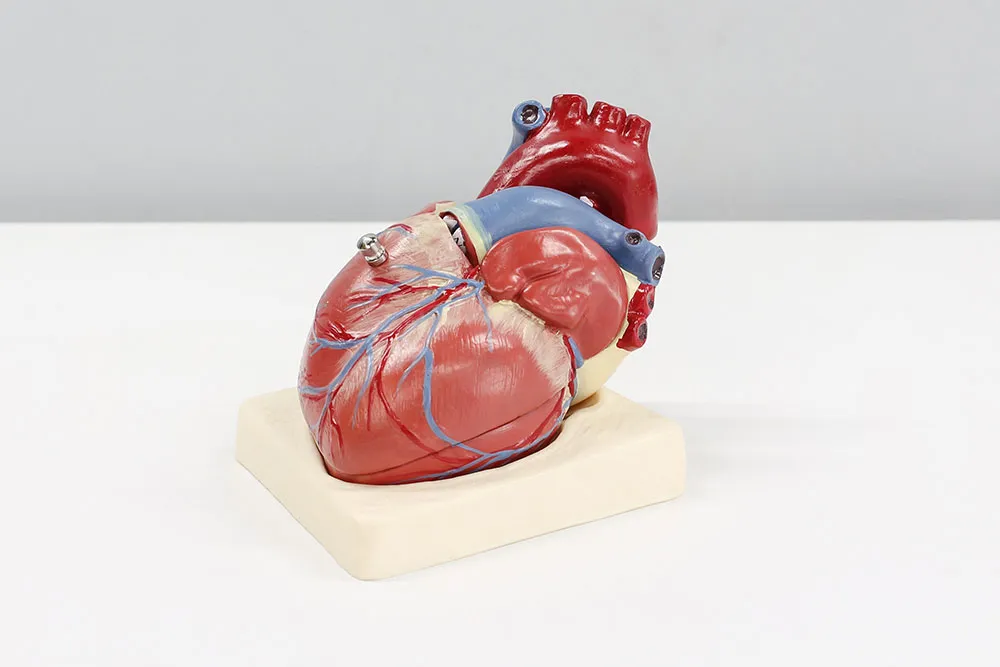Did you know that heart disease is a leading cause of death for both men and women? That’s why it’s so important to understand heart health and the tests doctors use to check our hearts. This article will explore the Angiogram and some of the other tests used to help diagnose heart conditions.
Angiogram
One common test is the angiogram. An angiogram is a medical test that uses x-rays to see how well blood flows through your arteries. This test can help your doctor find and diagnose problems with your arteries, such as blockages or narrowed sections.
To prepare for an angiogram, your doctor will insert a long, thin tube called a catheter into an artery in your arm or leg. The catheter is then threaded through your arteries to your heart. Once the catheter is in place, your doctor will inject a contrast dye into the catheter. The dye makes it easier to see your arteries on the x-ray.
After the dye is injected, you will have x-rays taken of your heart and arteries. The x-rays will show how well blood is flowing through your arteries. You may also have an angiogram if you’re having a heart procedure, such as an angioplasty, to find out if there are any blockages in your arteries.
Echocardiogram
Another common test is an echocardiogram, which is a type of ultrasound. An echocardiogram uses sound waves to create images of your heart. This test can help your doctor assess the size and function of your heart. It can also help your doctor check for problems with your heart valves or arteries.
To prepare for an echocardiogram, you will need to remove any clothing and jewellery that might get in the way of the test. You will then lie on a table and have electrode patches placed on your chest. These patches are connected to an ECG machine, which monitors your heart’s electrical activity.
A gel will be applied to the electrode patches and a wand-like device called a transducer will be placed on your chest. The transducer sends out sound waves that bounce off your heart and create images on a monitor.
The test usually takes 30 to 60 minutes.
Heart CT Scan
A heart CT scan is a type of medical imaging test that uses x-rays to create detailed images of your heart and arteries. This test can help your doctor check for signs of coronary artery disease, such as plaque buildup in your arteries.
To get ready for a heart CT scan, you will need to fast for four to six hours before the test.
During the test, you will lie on a table and have an IV line inserted into your arm. The IV line will be used to inject contrast dye into your bloodstream. The dye makes it easier to see your arteries on the CT scan.
You will then have a series of x-rays taken of your heart and arteries. The x-rays will be analyzed to check for signs of plaque buildup or other problems.
It is a 30-minute procedure.
MUGA Scan
A MUGA scan is a type of medical imaging test that uses radioactive tracers to create images of your heart. This test can help your doctor assess the size and function of your heart. It can also help your doctor check for problems with your heart valves or arteries.
You should fast for four to six hours before a MUGA scan.
During the test, you will lie on a table and have an IV line inserted into your arm. The IV line will be used to inject a radioactive tracer into your bloodstream. The tracer collects in your heart and emits radiation that can be detected by a special camera.
The camera creates images of your heart that will be analyzed to check for any problems.
This test takes about 30 minutes.
Cardiac Stress Test
A cardiac stress test is a type of medical test that uses exercise to assess the health of your heart. This test can help your doctor find out if you have coronary artery disease or other problems with your heart.
To prepare for a cardiac stress test, you will need to fast for four to six hours before the test.
During the test, you will be asked to exercise on a treadmill or stationary bike. Your heart rate, blood pressure, and breathing will be monitored during the test. You may also have an electrocardiogram (ECG) during the test.
The exercise stress test normally takes 30 to 60 minutes.
In preparation, you will need to remove any clothing or jewellery that might get in the way of the above tests.
Heart health is something that we should all be concerned about, as it’s one of the most important aspects of our overall health. Thankfully, checking heart health is relatively easy thanks to the many medical tests that are available.



